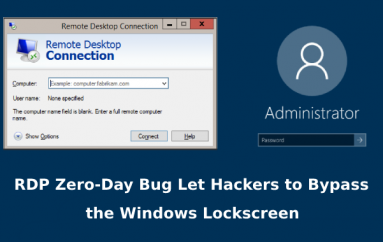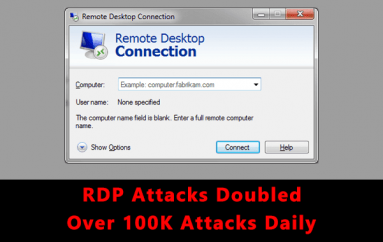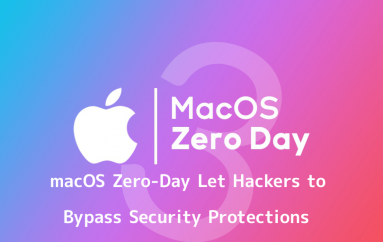
Nearly Half of Citizens Believe There is Online Censorship
Nearly half (45%) of citizens across seven countries – the UK, US, Canada, Australia, Russia, Norway and Sweden – do not trust the integrity of information they find online, according to an analysis by TunnelBear. This includes 48% of respondents from the UK.
Amongst the survey of 5500 people aged 18-65 in these countries, there was also a strong suspicion that online censorship is taking place. Over two in five (44%) reported that either they have, or someone they know has, experienced internet censorship, with this figure rising to 58% in the UK.
In addition, more than two-thirds (69%) said they felt there could be censorship taking place within their country while over one-third (35%) believe a significant amount is censored in their country.
More than a third (39%) also commented that they believe political parties and governments are engaging in political censorship in order to avoid upheaval or embarrassment. This figure rose to 44% amongst US participants.
The lack of trust in online information is especially concerning given the growing reliance on this channel as a result of COVID-19 lockdown restrictions this year.
Justin Watts, head of engineering at TunnelBear, stated: “While consumers are increasingly aware of and wary about internet censorship in the UK and globally, they also need to understand how to combat such intrusions on their freedom.”
Speaking to Infosecurity, Watts added: “The tech industry has made some astounding strides in the development of internet services over the past few years. As online services and platforms continue to evolve and play a large role in people’s lives, so does the awareness about the effects of these technologies and the importance of an uncensored lens into our world.”
Commenting on the research, Raef Meeuwisse CISM, CISA, author of Cybersecurity for Beginners, said: “There is a predictable lifecycle to the emergence, use and then misuse of new types of electronic information. Whenever new types of digital information emerge that influence or control human decisions, they become high-value targets for subversion.
“Two of the most prominent examples of information misuse have been online product reviews besieged by fake reviews and how the term fake news – once used just to label news that was provably incorrect – is now regularly misapplied to discredit or question real news more often than it is to label genuine fake news.
“With more time being spent online and attention focused on particular subjects and platforms, I think it is inherently evident that there has been more censorship – which by definition is the suppression of speech and communication. As an example, in place of social proof or popularity, some search engines and social media platforms promote what they consider to be ‘authoritative sources’ and may suppress or remove other results. Is that good practice? It really depends on how reliable the censorship decisions are – but what has been evident in many cases is that the sources that have been marginalized turned out to be correct – and the supposedly authoritative sources have sometimes turned out to be the misinformation.”
This post Nearly Half of Citizens Believe There is Online Censorship originally appeared on InfoSecurity Magazine.





